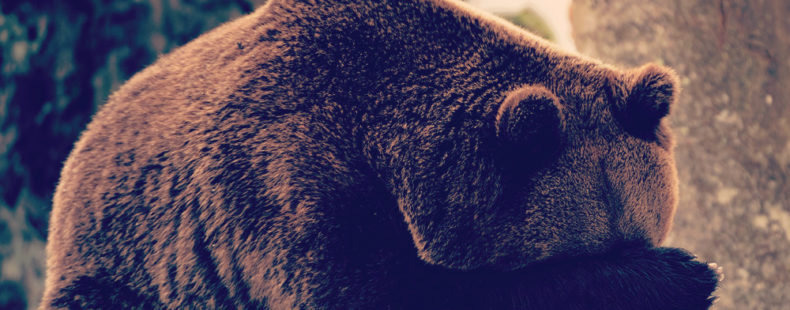hibernaculum
There’s a lot to be said about winter weather. It’s beautiful, fun, but often frustrating (go ahead and grumble). And depending on where you live, it can last a long time … a really long time.
Whether you’re only dreaming of snow or buried under it, we’re here to offer you some snappy words for the iciest of days. After all, there’s only so many times you can say “It’s freezing!” with a smile (if at all).
We’ll start with a word that perfectly captures what you wish you could be doing. Come colder climes, bears, snakes, and other torpor-prone critters retreat to their hibernaculums, or winter quarters, to conserve energy.
This term, which comes from the Latin hibernare meaning “to winter,” can also refer to an animal or plant bud’s protective winter covering.























